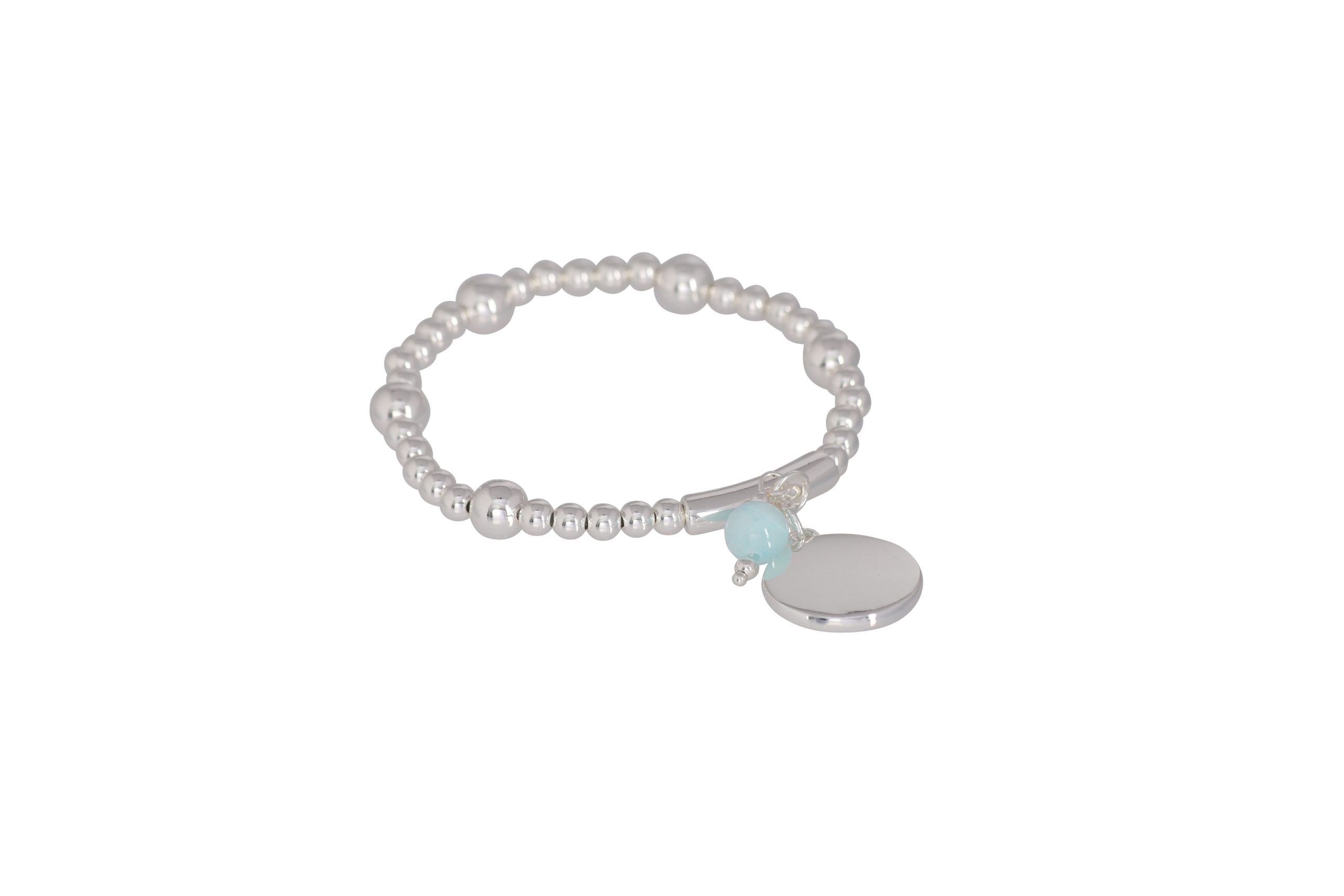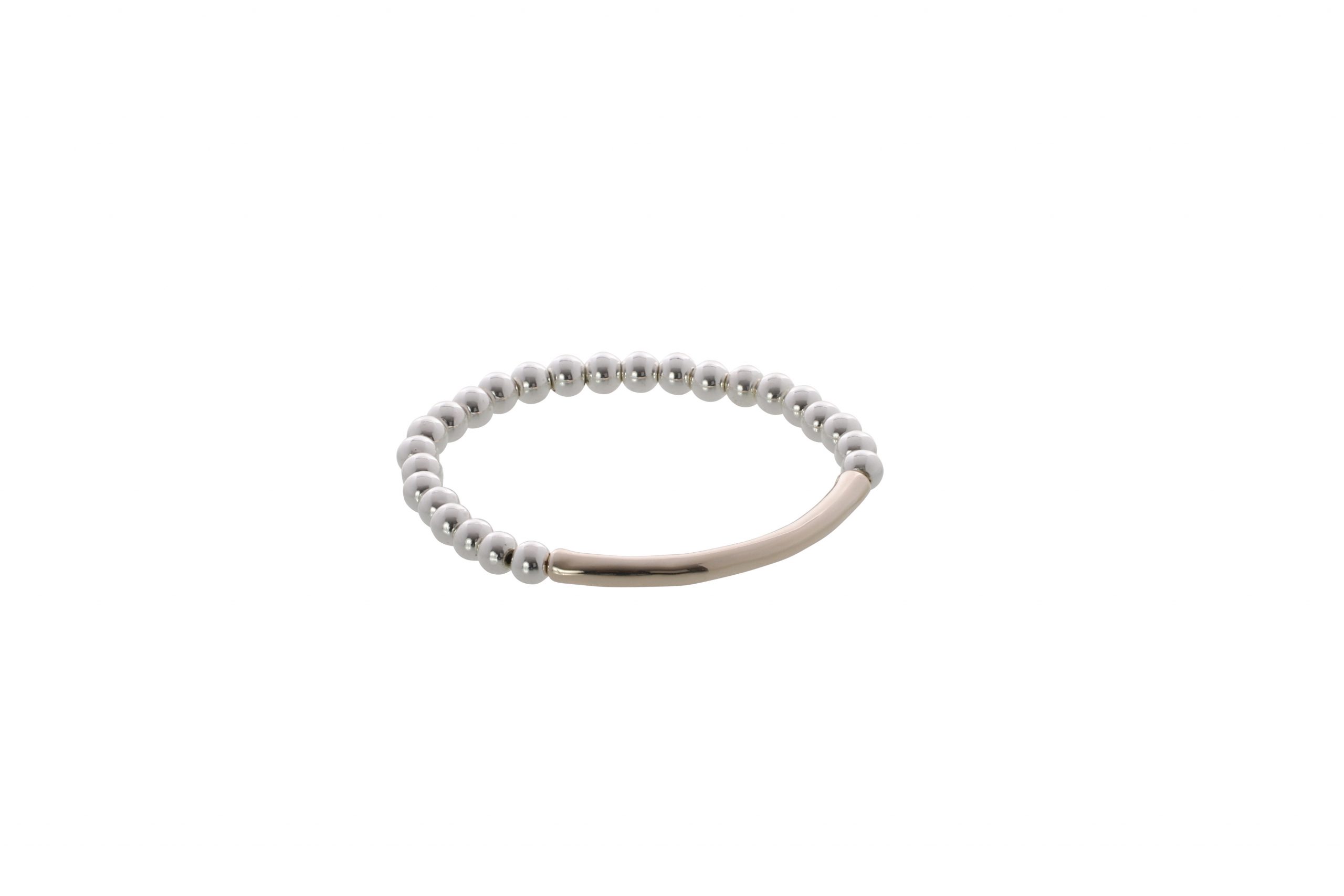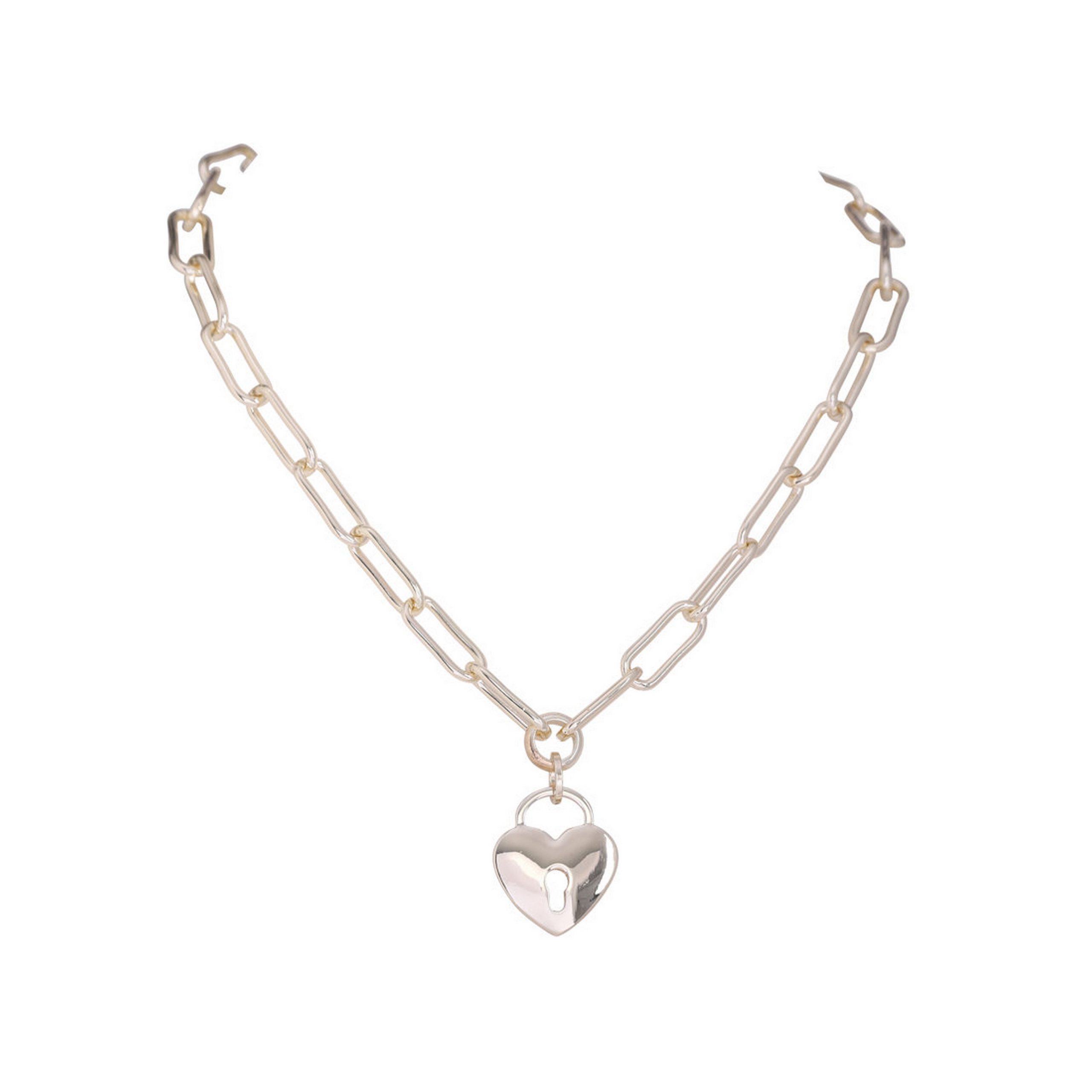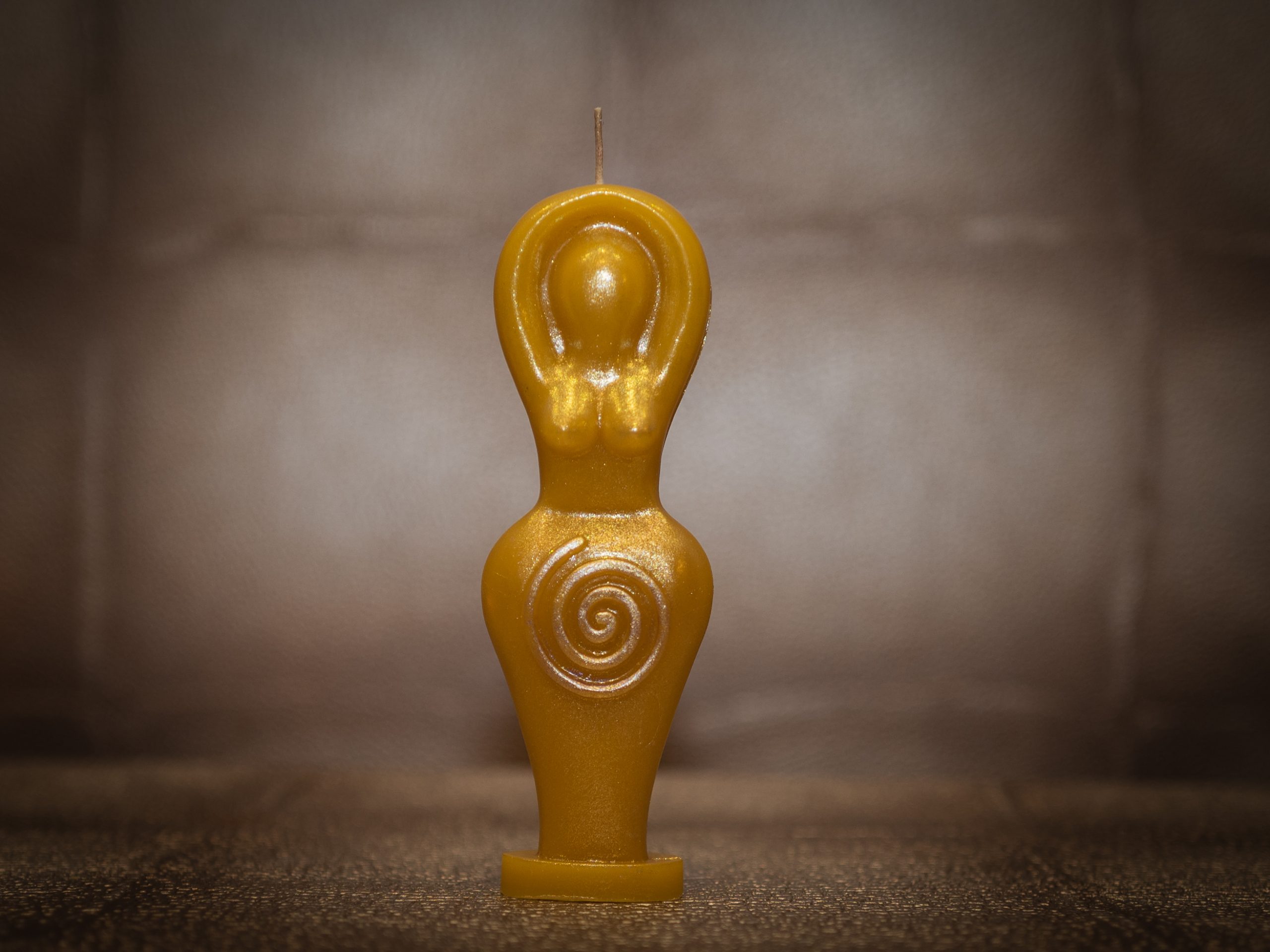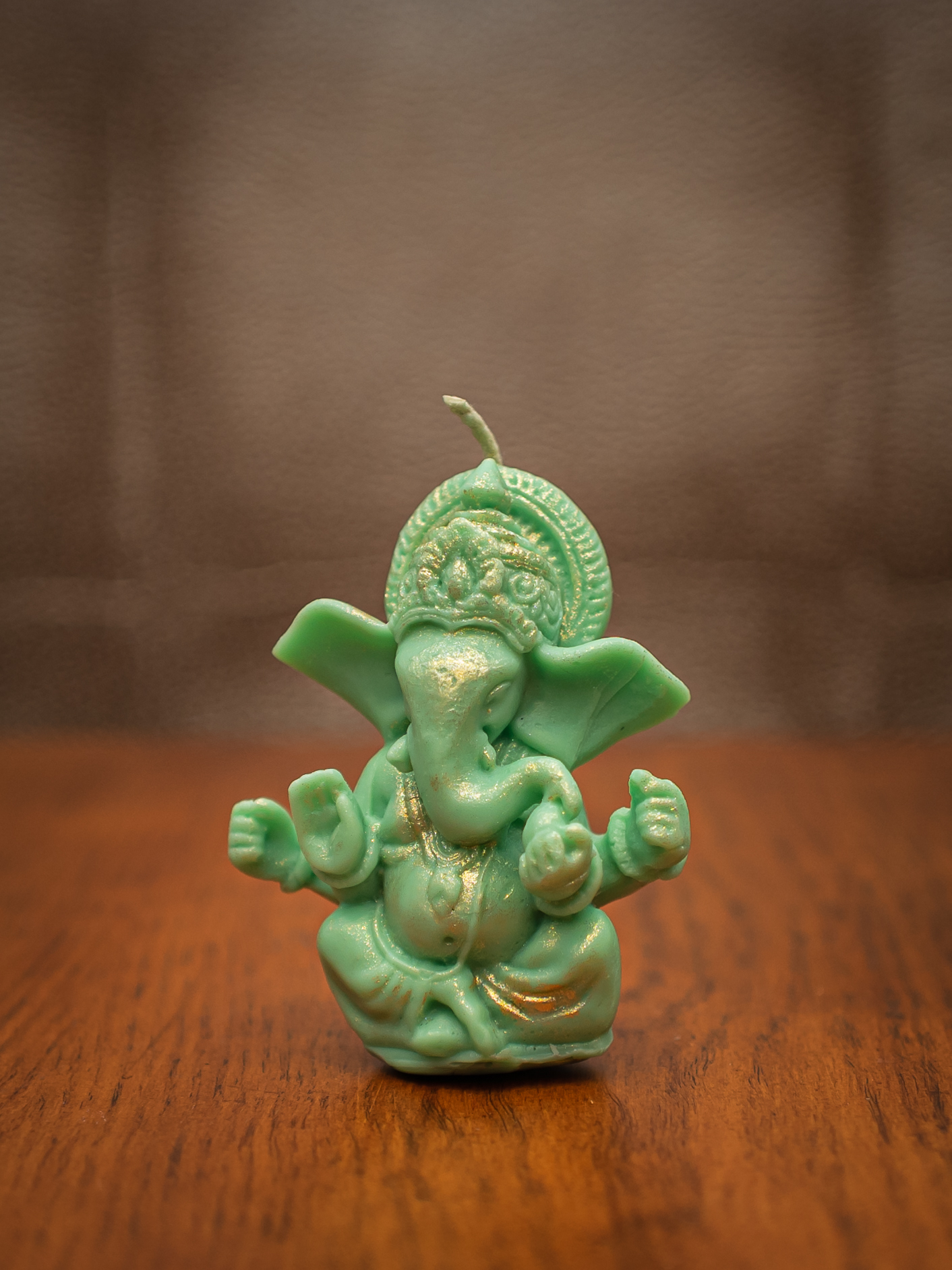If you follow me on Instagram (and if you don’t, you can follow me now by clicking here), then you know that I’m an avid Instagram user. That’s one way I promote this blog, shop, and myself as a whole. This is also how I connect with like-minded individuals. I tend to follow people I can really connect with, specifically those who have cerebral palsy and epilepsy, those who are car accident survivors, as well as women who struggle with infertility.
One of the people I follow is a woman that is set marry a man who has cerebral palsy later this year. Through her connection to people with disabilities, she posts a lot of informative facts about it.Thanks to her, I learn things and I realize things about people with disabilities I wouldn’t have otherwise. Particularly, she reminded me just how much people with disabilities are discriminated against by society. It’s not just one or two aspects of their lives, but rather pretty much all aspects of their lives.

Education
Schools will tell you that they will do everything they can to make sure that all their students are treated fairly in the education system. Though I did have a lot of support from my middle school, high school, and college professors, it wasn’t what I experienced with those who were supposed to be the most supportive support system at school – the disability counsellors.
I had a positive experience with my disability counsellor in middle school, which was great considering it was right when I was a newcomer to Canada. My experience in high school and college, however, were utterly different and anything but positive. A disability counsellor in high school told my parents they shouldn’t even start thinking of sending me to college because I’d never even get accepted. I proved them wrong by getting accepted, and I was relieved that I never had to have anything to do with them.
I was also relieved to be getting a new, fresh start. That fresh start didn’t look so good either. I had to go to the college’s disability office when I was about to finish my studies. I was looking at options to continue my university studies – either at the same college or a university. When I was in the room with a disability counsellor who I saw once before, she looked at her computer while analyzing my marks and said, ‘You can forget about even considering doing a Bachelor’s Degree. Your marks will never be high enough to be accepted.
I didn’t allow that statement to hold me back. Instead, I worked 10 times harder, I was accepted to the degree program, and I graduated while also studying a third program simultaneously.
Employment
You’d think that a country such as Canada, which is where I’m from, would be all about giving everyone an equal opportunity. That’s what the Canadian government is known for, after all. The fact of the matter is, however, that isn’t the case. Many people with disabilities are discriminated against by recruiters strictly because of their disabilities, and nothing more. That’s not to say that I, a person who has cerebral palsy, will go and apply to a job in construction, for example.
There was a job interview for a writing position I went to where I was told by a recruiter on the spot during the interview that I wouldn’t get hired. But she didn’t just stop there. During the entire interview process, I noticed that she was looking directly at the right side of my body, which is the side that is affected by my cerebral palsy. At the end of the interview, she said that I had cerebral palsy, and therefore, there was no chance that I’d be able to type fast.
The statement was an absurd assumption. Firstly, I AM able to type fast. I type faster with my one left hand than able-bodied people type with two hands. And second, who cares how fast I type as long as I get the job done on the due date?
Cost of Living
The cost of living is already high under normal circumstances. But it’s especially high for people with disabilities, especially considering the fact they have a much harder time finding a job that will be able to pay the bills full time. There are some disability benefits available, but they’re not nearly enough to live comfortably and without having any worries. It’s especially true as everything is more expensive for people with disabilities.
Let’s take driving as an example. Before a person with a disability, a physical one in my case, they have to take numerous tests to make sure they are even able to drive and to see whether they need to make any modifications to their cars. Of course, there’s the vision test that everyone else, even those that are able-bodied have to do. And there’s also the physical tests that those who are physically disable have to do. The whole testing procedure is very costly and very time consuming. When I did it in 2012, it cost me $700 Canadian. But I’m sure it costs more now.
The testing procedure isn’t even the end of the costs. If someone with a disability does need modifications made to their car, those modifications can cost up to $35,000 American dollars. After much time of using the modified car, the owner may want to sell it. But it’s next to impossible to sell because no one needs a car that is modified to someone’s own specific needs, so there’s no real value to the car in question. Then the person with the disability will need a new car, and the modification costs are also included.
There are, of course, people with physical disabilities who live on their own. It’s much harder, of course, but most definitely not impossible. A lot of people with disabilities, mainly those with physical disabilities may need modifications to their living spaces that would make it more comfortable for them to do their daily chores and tasks at home, and some may need to hire a third party to do all the necessary chores and tasks for them. All this is a monetary cost for those who are disabled. But how are they supposed to afford all this when they are not given the employment opportunities they deserve and aren’t given enough government support?
Marriage
Surprise, surprise – people with disabilities CAN be in healthy romantic relationships. More so, they can also get married. But it comes with a massive price. I’ve been talking a lot here about how people with disabilities are not supported on a monetary level, and getting married has a lot to do with it. It’s not like people with disabilities can’t get married. They can. I myself, am a married woman. Once they get married, though, they lose all their accessibility to any government funding. With that in mind, a person with a disability may still have a tough time finding employment that will pay the bills, and therefore, they lose any means of income by getting married. It’s already tough for a family to live on a single income, and it’s even tougher to live on a single income when one person has a disability considering all the extra costs. That’s why many interabled couples decide not to get married.
Sex
Not only can people with disabilities have healthy romantic relationships, but they can also have sex. That’s specifically the case for people with cerebral palsy or any other physical disability. I hear many fellow disabled people and their partners say that others just assume that they don’t have sex because they think they’re incapable of being physically able to. One of my friends, who also has cerebral palsy, told me a story about how a random stranger came up to him and asked, ‘How do you have sex?’
No one personally asked me anything about me having sex, but that’s probably because people just assume that I’m a virgin. A friend of mine even told me to my face that she assumed I was a virgin due to the fact I have cerebral palsy.
Adoption
People with disabilities can also have families of their own! The biggest assumption out there is that women who are in wheelchairs can’t give birth on their own. On the contrary, though, that is anything but the truth. Women in wheelchairs absolutely can have children naturally. But instead of having a natural vaginal birth, they’d have a C-section.
Whether a woman is disabled or not, there is always a case of infertility. So many couples out there have to go through other routes to have families of their own – whether it’s through IVF, egg or sperm donation, surrogacy, or adoption. Everyone deserves to get what they want, parenting included. No matter what route to parenthood a couple chooses it doesn’t make any less loving parents. But the journey to the disabled can be harder if they end up struggling with infertility. First of all, IVF can be a high risk process, especially if the woman struggles with a chronic illness on top of it. Surrogacy is costly, and not everyone can afford it.
Adoption is next to impossible for interabled couples. Adoption agencies and those that are giving up their babies to adoption want to see that the couples who are adopting can provide loving homes and healthy environments to their children. But according to their standards, a disabled person can’t give that to a child, even if one of the two people is completely ‘normal’
Sign up to our newsletter if you want to see more content from The Graceful Boon! By signing up to our newsletter, you'll get an even more in-depth content from yours truly, Stacie Kiselman, who's our Graceful Boon, that you won't want to miss out on.


